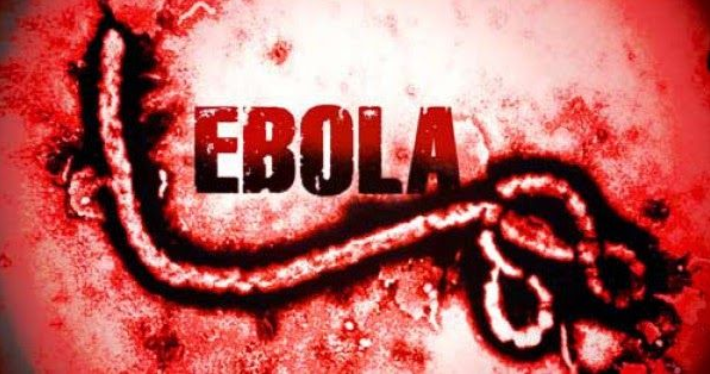Ministry of Health has issued Ebola prevention guidelines in light of an outbreak that was confirmed in DRC two days in the town of Bikiro.
Bikiro is 1945km away from the Uganda border town of Mpondwe Kasese.
The Ministry of Health will now undertake the screening of travelers at Entebbe Airport and the border crossings.
All travellers from DRC and those with a recent travel history to DRC will be screened at the Health Desk for Ebola signs and symptoms.
The Health Ministry has also instructed the leaders in 14 districts to re-activate district task forces in preparation of any outbreaks.
The Districts include Kampala, Wakiso, Kanungu, Hoima, Bundibugyo, Nebbi , Arua among others.
The task forces will review and update response plans and preparedness. They will also limit the risk of Ebola importation while avoiding unnecessary interference in trade and travel.
What you need to know about the Ebola Virus Disease
Ebola Virus Disease is a potentially fatal disease caused by the Ebola Virus. The disease is transmitted to humans usually from wild animals but can spread from person to person.
Death rate from the disease ranges from 25% to 90%(averagely 50%) with an incubation period between 2 to 21 days.
Symptoms of Ebola Virus
Early symptoms include sudden onset of fever, fatigue, muscle pain, headache and sore throat, which subsequently leads to vomiting, diarrhoea, rash.
Late signs include bleeding tendencies(gum bleeding, bloody diarrhoea, bleeding under the skin, bloody urine and from all other body openings) and multiple organ failure.
How does Ebola Spread?
Ebola can spread from person to person through contact with blood, secretions, organs, or other bodily fluids of infected people, and with surfaces and materials(e.g bedding, clothing) contaminated with these fluids.
It also spreads through close contact with infected persons without wearing the appropriate protective clothing, contact with dead bodies, body fluids, blood, etc from an infected person who died from Ebola.
Is there a cure for Ebola?
Currently, there is no cure for Ebola, and treatment is mostly supportive and symptomatic.
People with Ebola receive supportive care as rehydration with oral or intravenous infusions and treatment of specific symptoms such as fever to improve survival.
Prevention
Ebola can be prevented by avoiding contact with infected wildlife such as monkeys, chimpanzee bats, porcupine, antelope etc.
Avoid contact with an infected person, using appropriate clothing and equipment.
Burial of persons who die from Ebola is done by professionally trained persons.











